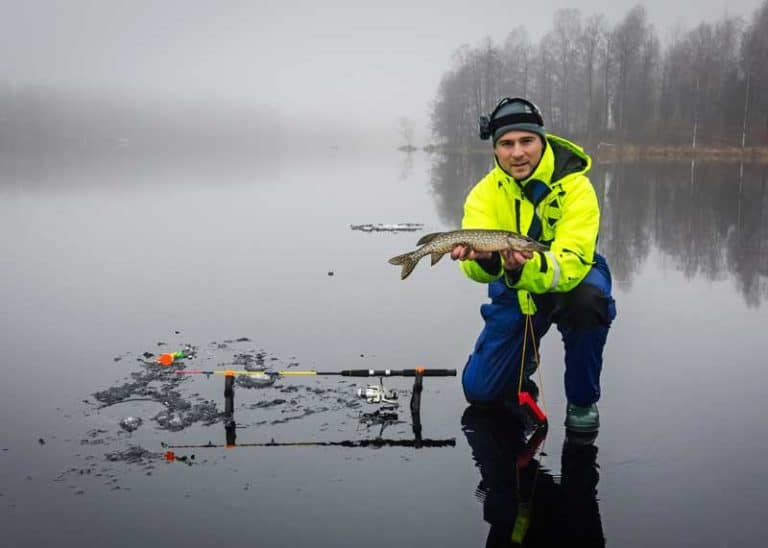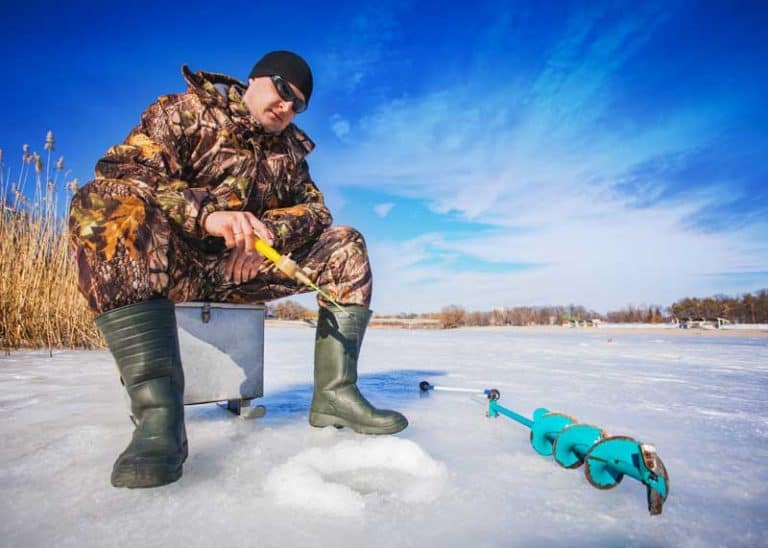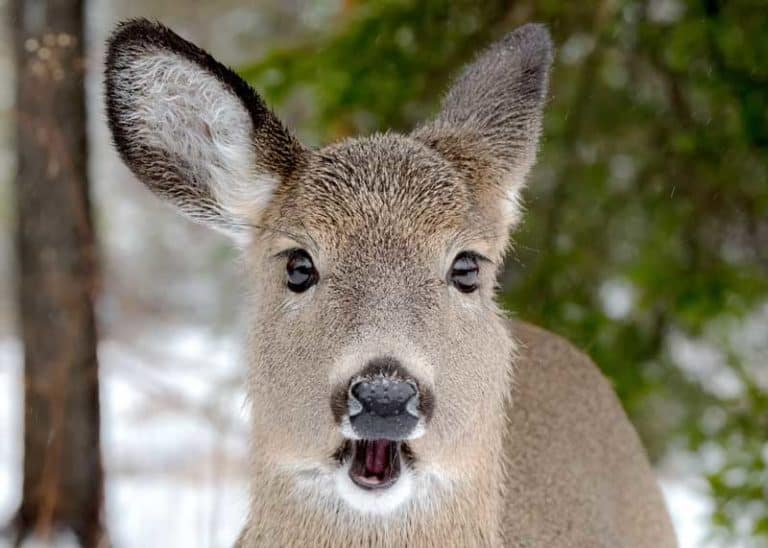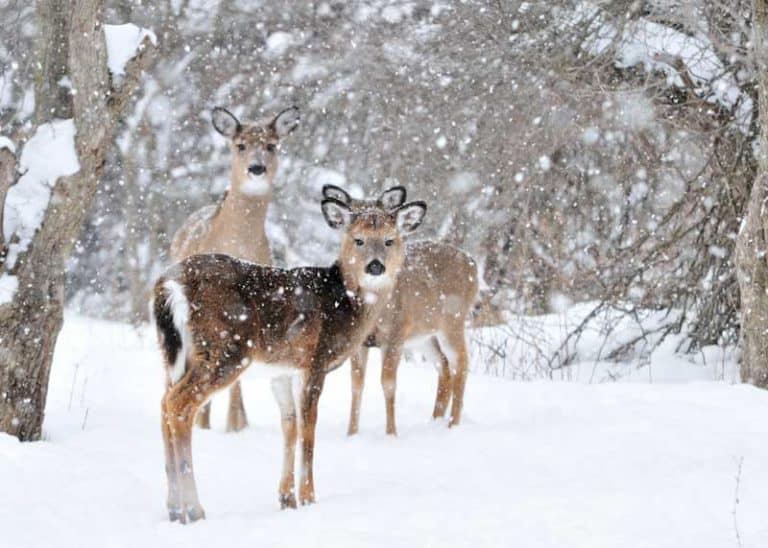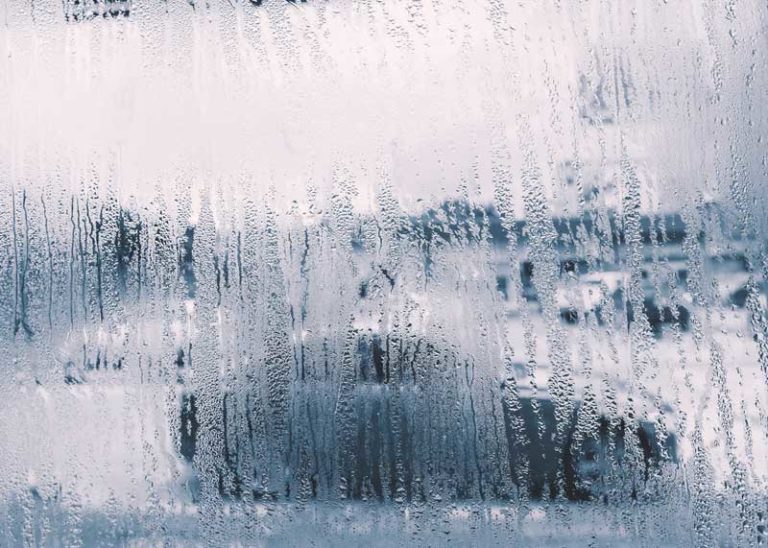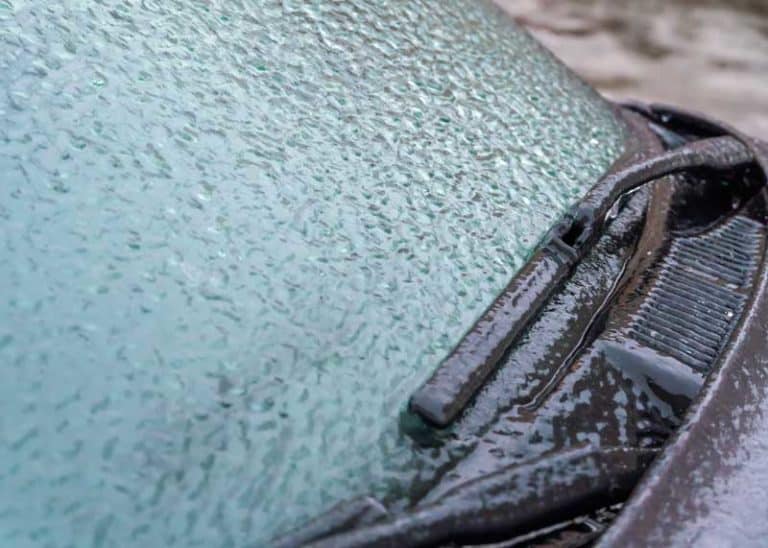Can Propane Freeze? Guide to Warm Winter Camping (6 Things to Know)
Winter camping means being ready for whatever weather comes. Cold temperatures mean having the tools for your tent or RV. Can propane freeze? Here’s what you need to know.
While propane has a freezing temperature, it is never that cold on Earth. When someone complains that their propane tank froze, they mean that ice has formed in the hose or valves, restricting the flow of propane gas. Propane has a boiling point that is colder than most places on Earth.
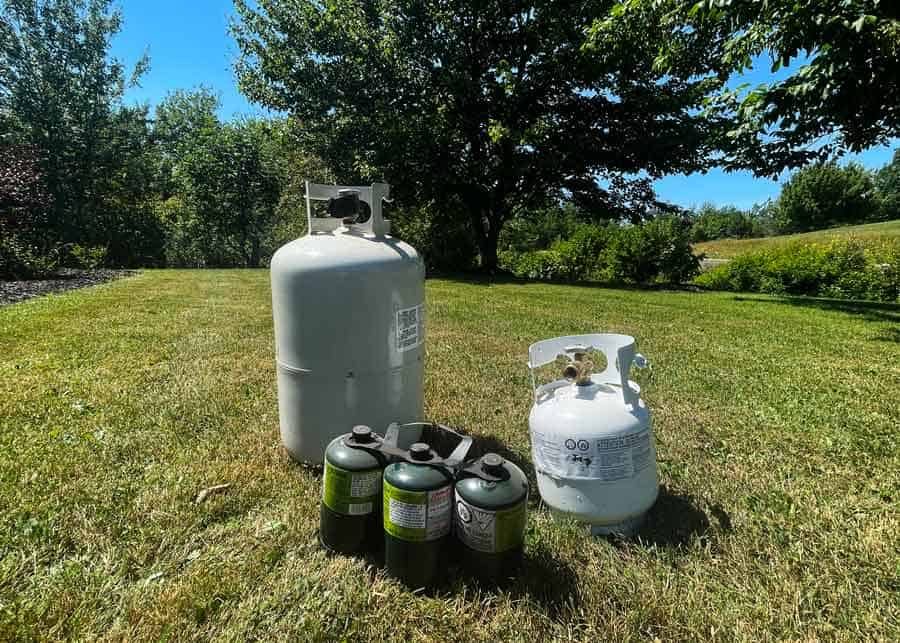
Propane is used for both cooking and heating while camping.
In this post, we’ll answer questions about freezing propane and how to properly care for your propane tanks in the winter.
This clean-burning fuel can provide warmth and a heat source when trying to cook, so ensuring it can withstand the elements is crucial. So, can propane (liquefied petroleum gas: LPG) freeze? Let’s break down the science.
Can Propane Freeze?
Yes, technically propane can freeze. But it has a very low freezing temperature. Propane will freeze at temperatures -306.4°F (-188 °C) or colder, according to Elgas.
And because that temperature is naturally impossible on Earth, you can be sure that your liquefied petroleum gas (LPG) will not freeze.
Does Propane Freeze?
So while propane can freeze, propane just doesn’t freeze on Earth. Ever.
The coldest temperature ever recorded on earth was -128.6°F (-89.2°C). It was recorded on July 21, 1983, at Vostok Station, Antarctica.
Not much camping is done in Antarctica. And it isn’t even close to the freezing temperature of propane.
There is nowhere on earth where propane will freeze.
To put this in perspective, propane won’t even freeze on Mars, Jupiter, or Saturn. You’ll have to take your propane cylinder to Uranus (-320°F / -195°C) or Neptune (-330°F / -200°C) to solidify your propane.
Coldest Temperatures Ever Recorded
Here are the coldest temperatures ever recorded in the United States, Canada, and the UK.
- United States: -69.7°F (-56.5°C) Rogers Pass, Montana on January 20, 1954
- Canada: -81°F (-63.0°C) in Snag, Yukon on February 3, 1947.
- United Kingdom: -17°F (-27.2°C) Braemar, East Scotland on January 10, 1982
And these are the most extreme temperatures ever recorded in each of these countries.
Taking care of your propane tank during a harsh winter will mean the difference between a cozy camping experience and a miserable one.
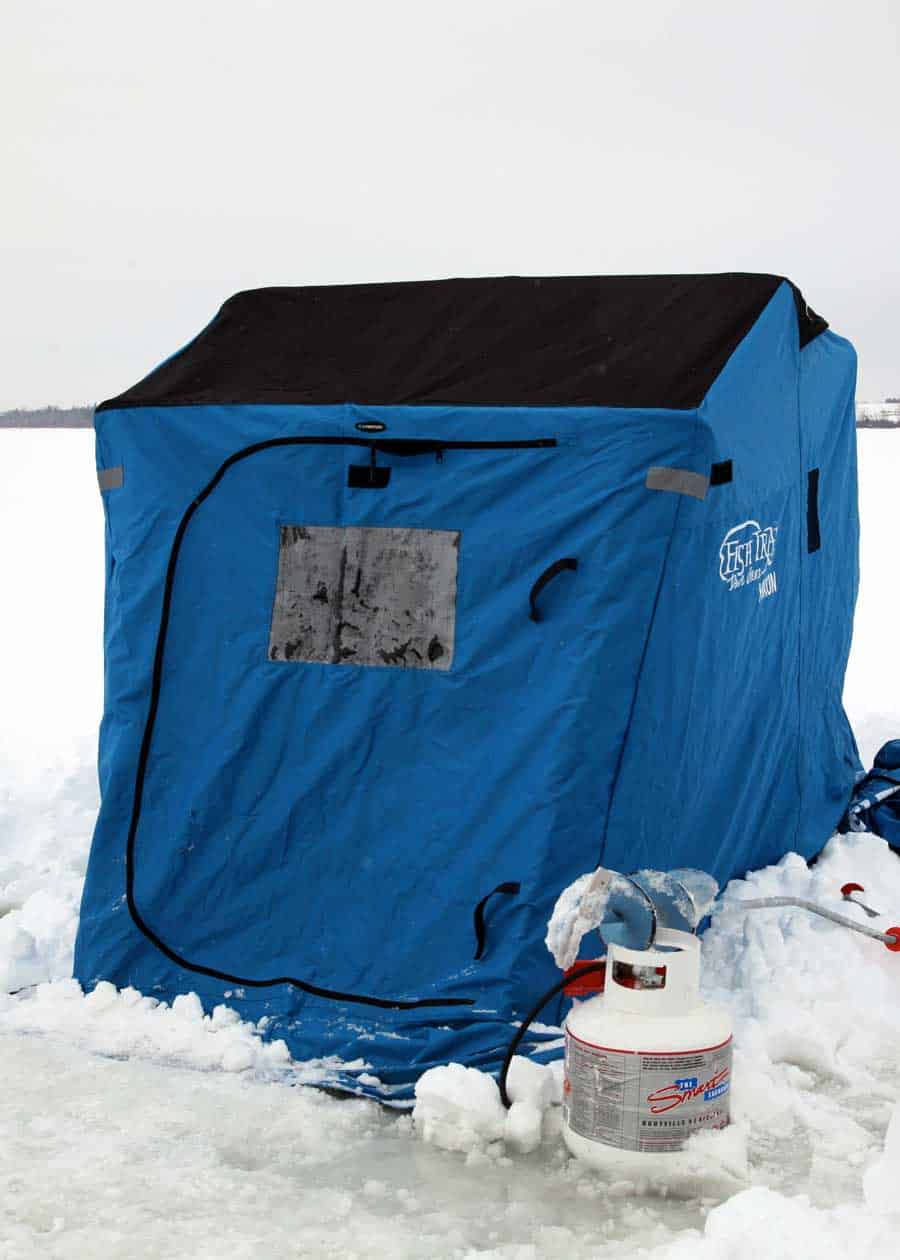
Why Propane’s Boiling Point Matters
So if it won’t freeze, we next need to consider propane’s boiling point. This is the temperature that matters when caring for your propane tank.
Boiling Point of Propane
Propane has a boiling point of -43.6°F (-42°C). Liquid propane cannot evaporate below that temperature. This is bad news because propane has to vaporize to burn and produce heat.
As propane leaves the tank, it converts to gas. This is because the air temperature will be above its boiling point.
Like water, propane converts to a gas when it reaches a temperature at (or above) the boiling point. In this gas form, propane will power your heater, BBQ, and water heater.
Do I need to worry about the boiling point of propane? Not really. Fortunately, there are only a few places on the planet where it routinely gets this cold. And only at certain times of the year.
So if propane doesn’t freeze, why does temperature affect my propane appliance?
Can Propane Tanks Freeze? How Temperature Affects Tanks
So if propane won’t freeze in most winter camping locations, why are propane tanks and heaters affected by the cold?
3 Reasons Propane is Affected by “Freezing”
Here are three ways that propane and propane tanks are affected by “freezing”.
- At extreme cold temperatures, humidity in the lines and regulators can freeze. This ice will limit or completely restrict the flow of propane gas. This can happen even above the boiling point of propane -43.6°F (-42°C).
- An overfilled propane tank can restrict the ability of liquified gas to convert to gas. If it can’t convert to gas, it can’t be released from the tank. From what I understand, this problem is made worse at colder temperatures.
- In rare cases, the ambient temperature is at or below the boiling point of propane -43.6°F (-42°C). This will cause propane to remain in liquid form – and not flow through the hoses and valves. Propane appliances are made for the flow of propane in gas form.
So while frozen propane isn’t a concern on earth, frozen lines and regulators can cause problems. And in some rare cases, you might experience a location that is colder than propane’s boiling point.
Staying Warm With Propane
There’s no doubting the versatility of propane. Propane is an efficient method of keeping yourself warm during a cold camping experience.
There are several smaller heaters designed for propane tanks. It is also wise to consider a propane heater rated for use in a tent.
We do not want you setting anything on fire, after all. So instead, pair one of these smaller heaters with a small propane tank, and you will be toasty for hours, especially during those frosty evenings.
There are many different heaters rated for RVs. You may even have an RV equipped with built-in propane storage. The forced air heater in RVs employs a propane burner as the heat source and is powered by electricity. These heaters give your RV a warm, comfortable environment.
Propane tank top heaters for an RV are not recommended. A propane tank top heater in a confined space such as an RV is risky and should be avoided.
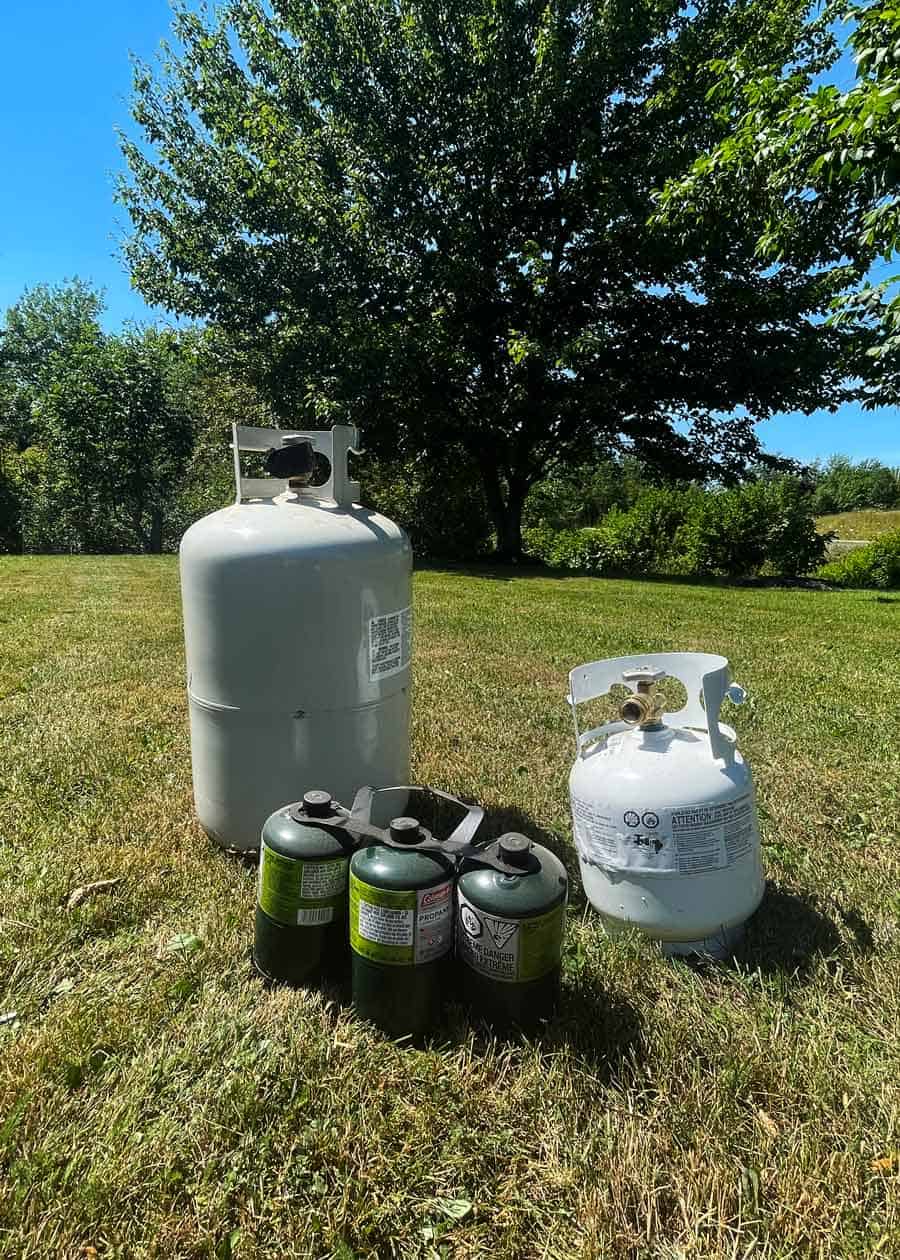
4 Tips for Storing Your Propane for the Winter
Proper storage and usage of your propane for the winter is crucial during those colder months.
While you do not need to cover your propane tank during winter or snow events, it is wise to keep them safe from the elements.
- You can leave your propane tanks covered or uncovered outside, provided they are on a level, flat surface.
- Grab yourself a few wood planks or some concrete blocks and place your tank on top.
- Removing your propane tank from your tent or RV is also wise. You must ensure the tank is standing upright with the spigot on top.
- If you’re planning to go RV camping this winter, you’ll want to ensure that your propane tank and hoses are in good shape and well-maintained.
Where Do I Buy Propane?
Propane is available at several different retailers, but first, you must discover how much propane you will need for your camping trip.
- The standard one-pound propane cylinder is a safe bet for many new campers. Affordable and portable, there is a reason why this kind of propane tank is so common with campers. Visit your favorite local home center or department store’s outdoor section to locate these. You may want to purchase several of these if you plan to camp for several days. A small cylinder will likely set you back less than $10.
- We also recommend a 20-pound tank you usually see attached to a grill. You can also buy these at any home center, department store, or gas station.
The best part of 20-pound tanks is they can be refilled and recycled once they have outlived their usefulness. While these tanks have a considerable upfront cost of around $50, you can fill them up for about $20.
The larger tank is much less expensive, per pound of propane, when compared to the disposable one-pound cylinders.
How much propane can a tank hold? Here’s how many gallons of propane in a 30 lb tank.
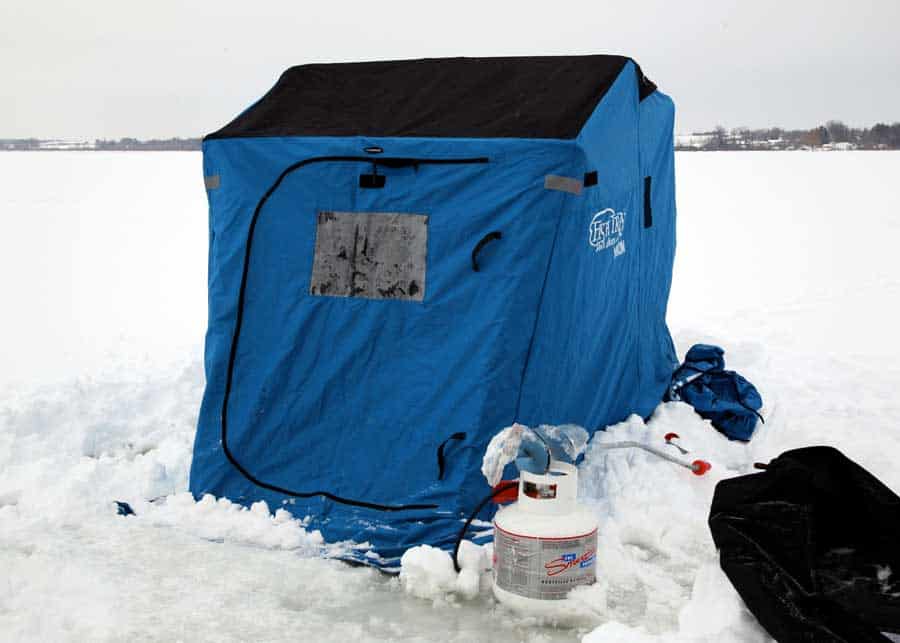
More reading: 6 Ways to Heat a Camper Without Electricity
Conclusion
So, can propane freeze? Yes. But, the good news is that you run no risk of frozen tanks if you plan to use propane to heat or cook during a winter camping experience. However, taking care of your propane and equipment is the best way to ensure a pleasant trip.
Now there is no need to wonder if propane tanks can freeze!

